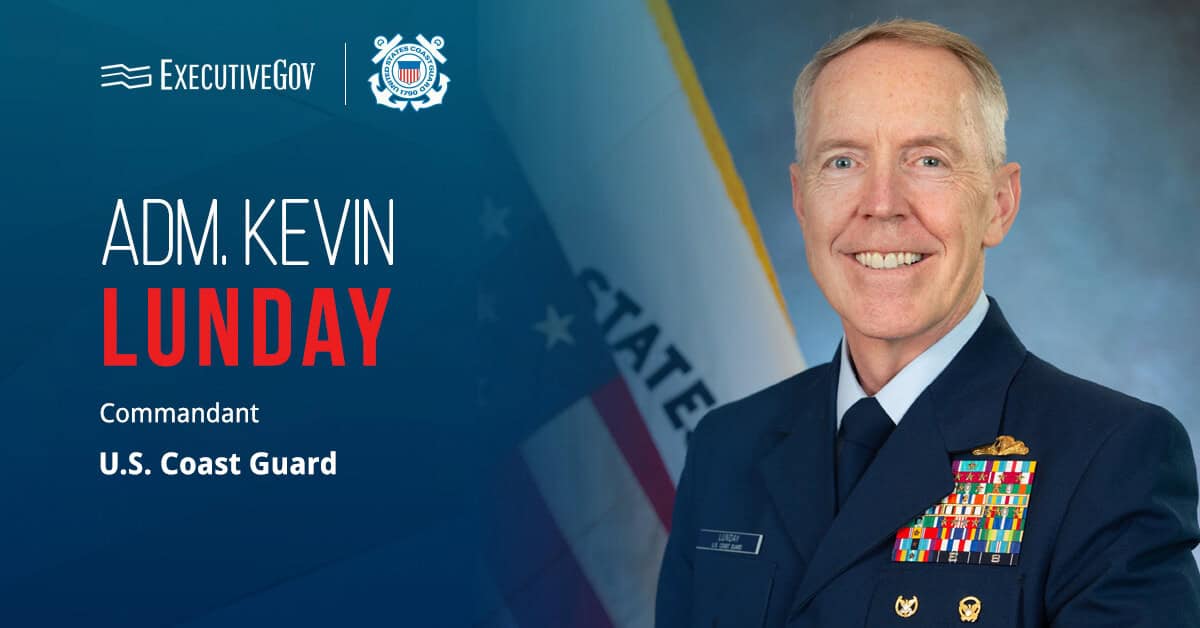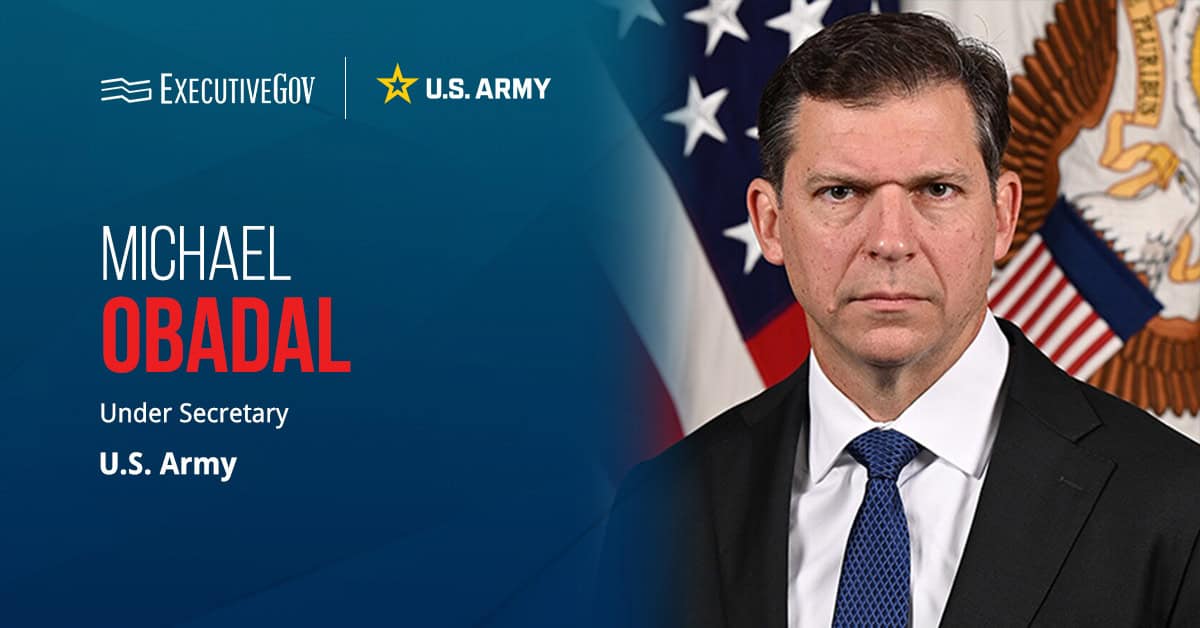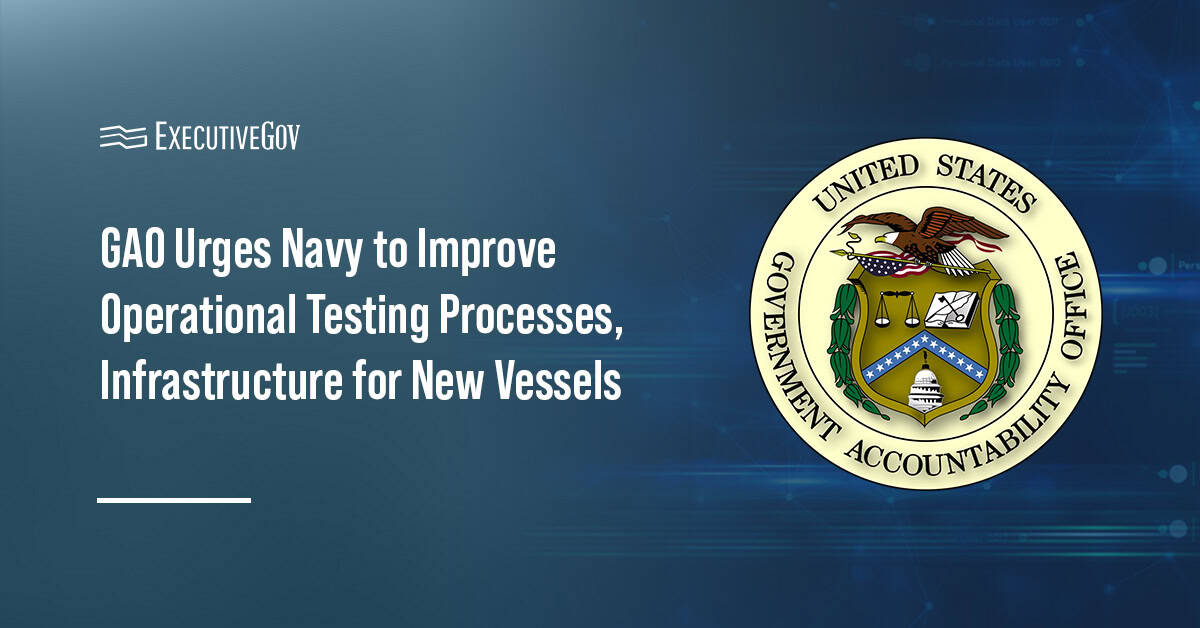 The U.S. Air Force is sending five CV-22 Osprey tiltrotor aircraft to a military air base in Tokyo earlier than previously anticipated.
The U.S. Air Force is sending five CV-22 Osprey tiltrotor aircraft to a military air base in Tokyo earlier than previously anticipated.U.S. Forces Japan said Tuesday the CV-22 units, built by Bell-Boeing, will arrive at Yokota Air Base later this week as part of the branch’s efforts to help address regional security concerns within the Pacific Command’s area of responsibility and comply with the 2018 National Defense Strategy.
USAF originally planned to deploy the aircraft to the installation sometime in 2020.
Ospreys will also support training around the region in the coming months and disaster response efforts.
The branch plans to send more training support personnel there and an additional five aircraft as part of a phased-basing effort, USFJ noted.
CV-22 integrates a helicopter’s vertical flight capacity with the range and speed of a fixed-wing plane.





